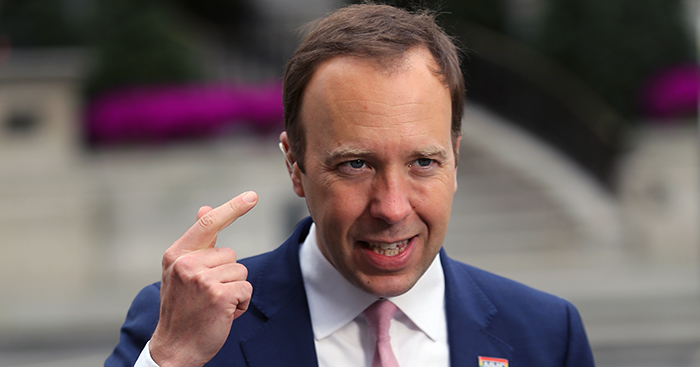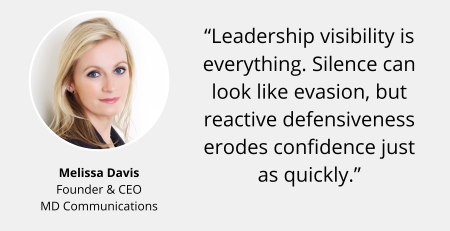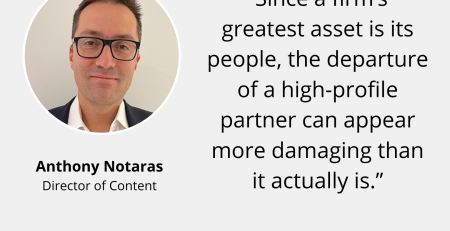In the Oakeshott v Hancock battle there’s, perhaps, a clear winner, but while the journalist’s leak of the politician’s WhatsApp messages might be regarded as being in the public interest, there are wider implications for the reputation of journalism, writes our CEO Melissa Davis.
Has former health secretary Matt Hancock MP read much or any of the writer and journalist Joan Didion, who died in 2021? I’m guessing not.
Didion said of her journalism: ‘People tend to forget that my presence runs counter to their best interests… And it always does… Writers are always selling somebody out.’
Certainly this was the case for Hancock when it came to his dealings with Isabel Oakeshott, who after co- or ghost-writing a book for him released his private WhatsApp messages, exchanged during the Covid-19 crisis and lockdowns, lock, stock and barrel to the Daily Telegraph.
But they have both come out fighting – their falling out is a story in its own right. So, irrespective of the rights and the wrongs, as a communications professional, I find myself wondering which of them is doing better from this tale of revelation and breakdown in trust?
Journalists don’t like what Oakeshott did
You don’t have to look far to locate journalists with harsh words on Isabel Oakeshott’s less-than-straightforward conduct. ‘Isabel’s betrayal of Matt Hancock is the final nail in the coffin for trust in the media,’ Ian Dunt wrote in the i newspaper.
On Twitter my friend the legal journalist Ed Reyes observed: ‘I suspect the ghostwriting side of Isabel Oakeshott’s work may struggle a little going forward.’
And there are some points on which Oakeshott has seemed on the back foot – evasive even. Why, she was asked in one interview, if these WhatsApp messages are so urgent for the public to know about did she wait a year before revealing them? Why did she finish the book with Hancock, when it was his partial account?
She says Hancock sent her a ‘menacing’ text when he found out what she had done – but interviewed this week, this seemed to be the one Hancock message in her possession she didn’t want to reveal.
Well, it was a private message, I guess…
But we are all talking about it
So, Isabel Oakeshott does not emerge as the ‘journalist’s journalist’. A lot of journalists are taking to social media, the airways – and even print – to decry her.
Does that matter? I think it probably doesn’t – unless she was hoping for a column at the i newspaper, say.
Hancock and his ‘team’ may be furious about this. But team Hancock does look quite a bit foolish. Not least, Oakeshott did the exact same thing to Brexit-backing businessman Aaron Banks – she wrote a book on the ‘Bad Boys of Brexit’, then used material made available to her to publicly embarrass the bad boys (in this case over links to Russia).
Oakeshott’s big reveal is the front page of the Guardian, which takes a sniffy view of her methods, as well as the Telegraph, to whom she released Hancock’s messages. In the Guardian’s case, its sniffiness on the day after was spread across its print edition on pages 1, 8, 9, 10, 11, the leader comment and an opinion piece.
Oakeshott wins
Hancock has ‘hit out’ at Oakeshott’s ‘massive betrayal’, and this hitting out has got widespread coverage.
But truly, no-one in politics, comms or journalism is wondering, excitedly, ‘what will Matt Hancock do next?’. (Even if they were after his surprisingly successful ‘I’m a Celebrity’ appearance.)
Hancock looks, at best, gullible or naïve – at worst stupid.
So, as a battle of communications and reputation, this is won by Oakeshott. I for one will not be recommending any client does a book collaboration with her centred on their own life. And I will be on the interested lookout for who next commissions her to ghostwrite a book for them.
If you would like to talk about trust, writing or communication, I hope you’ll get in touch.












